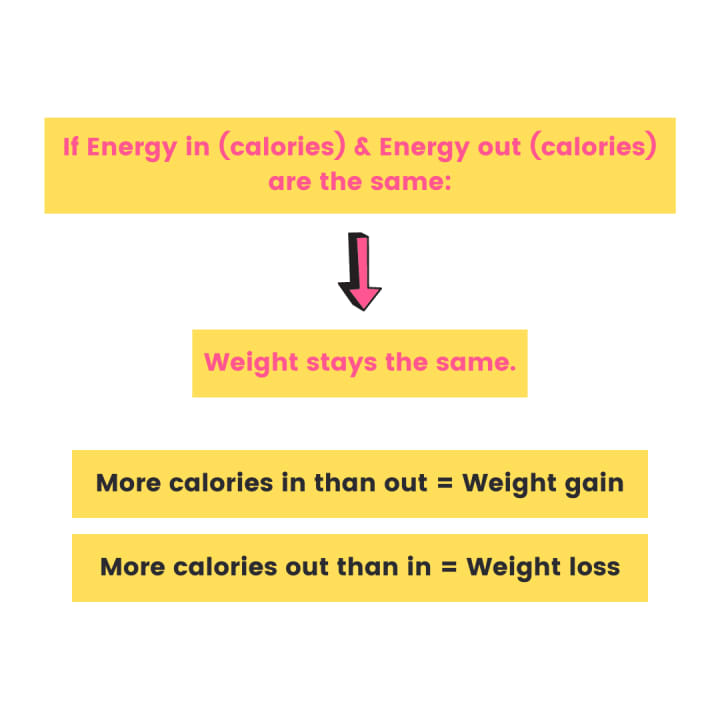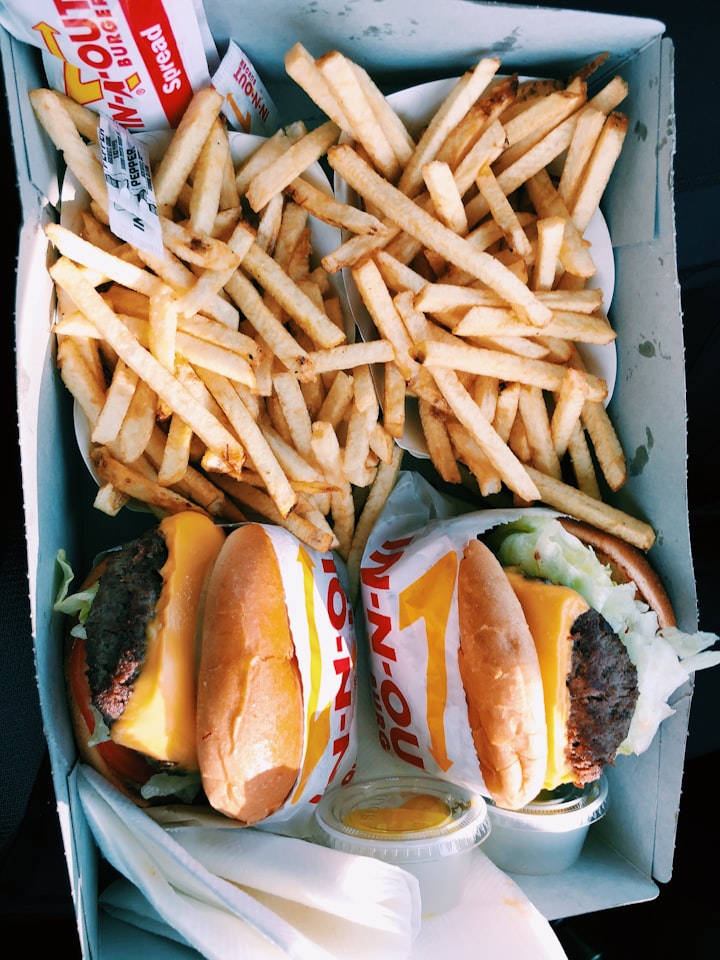
Obesity is an ongoing pandemic. According to the latest WHO Global Health Observatory data, collated in 2016, more than 1·9 billion adults were overweight, with 650 million of these individuals being obese. The global prevalence of obesity nearly tripled between 1975 and 2016, with substantial rises in most countries. As such, the global spread of obesity has been labelled a pandemic, albeit one with a slower onset of cases and detrimental effects than the 2009 H1N1 pandemic or the COVID-19 pandemic.
(The Lancet - Gastroenterology & Hepatology P411, JUNE 01, 2021)
If we look closer to home, Britain has the 2nd highest rate of obesity in the world and the largest in Europe, with *62.8% of adults in England being overweight or obese. (*The year to November 2020 gov.uk)
How have we got to such figures? On the outside we seem to be doing everything right. We’ve got slimming clubs, thousands of diets and diet books, more gyms, better food labelling (think traffic light system), and there’s incessant focus on calorie balance in government dietary recommendations. Yet despite our seemingly conscious efforts, the problem is getting worse and shows no signs of slowing down.
‘Industry’ would have us believe that being overweight is an issue of willpower. That people just don’t have enough motivation to move more and eat less. It’s a way for them to dismiss regulatory action in favour of personal responsibility. But what they’re don't talk about are the many complicated biological, psychological, and local environmental factors - often difficult to measure—that influence energy balance.
Energy Balance? Calories in Vs Calories out.
The First Law of Thermodynamics, formulated in the 1800s, says that energy can neither be created nor destroyed. For the human body, this principle of physics means that if you consume more calories than you burn (or excrete), the excess is stored in the body (mainly as fat).
Variation on this “energy balance” principle form the foundations for how we think about, and treat, weight gain in general & obesity.

Our conventional view is that overeating causes excess fat storage. This view underpins the usual explanation for the obesity pandemic and that all calories are alike to the body. It’s important to understand that food is so much more than calories. For example, ultra processed foods (UPFs) promote an environment in the body that favours fat storage.
Maybe we need to focus on energy balance even harder. Or maybe the problem is how we think about energy balance in the first place. This takes us back to the original question: Does “overeating” (Energy In > Energy Out) drive fat storage? Or does increasing fat storage drive overeating?
Neither possibility violates any physical law, but they have fundamentally different implications to understanding obesity and designing more effective treatment.
Dr David Ludwig, Endocrinologist and Nutritional Researcher proposes that excess fat storage drives overeating which can then lead to obesity.
The Carbohydrate-Insulin Model
The carbohydrate-insulin models proposes that the hormonal and metabolic responses to diet, not simply calorie content, causes the body to store excess fat. After consumption of a high-glycemic load meal with lots of fast-digesting carbohydrates (e.g., processed grains, potato products like crisps, refined sugar), insulin levels rise excessively, and glucagon (a hormone) is suppressed. This hormonal response then directs too many incoming calories from the meal into fat tissue, leaving fewer available for the rest of the body. Consequently, hunger increases, and we tend to eat more than would otherwise be the case. If we try to ignore hunger and restrict calories, then metabolism slows down, producing a positive energy balance either way.
The conclusion?
Instead, a focus on what you eat, rather than how much, would be a more effective approach over the long term potentially leading to sustained weight loss.
About the Creator
Zoe Alice
Astute documentarian of the world (in my head).
Might share a few thoughts here and there.
Health sciences (nutrition) 🤓 🍏






Comments
There are no comments for this story
Be the first to respond and start the conversation.